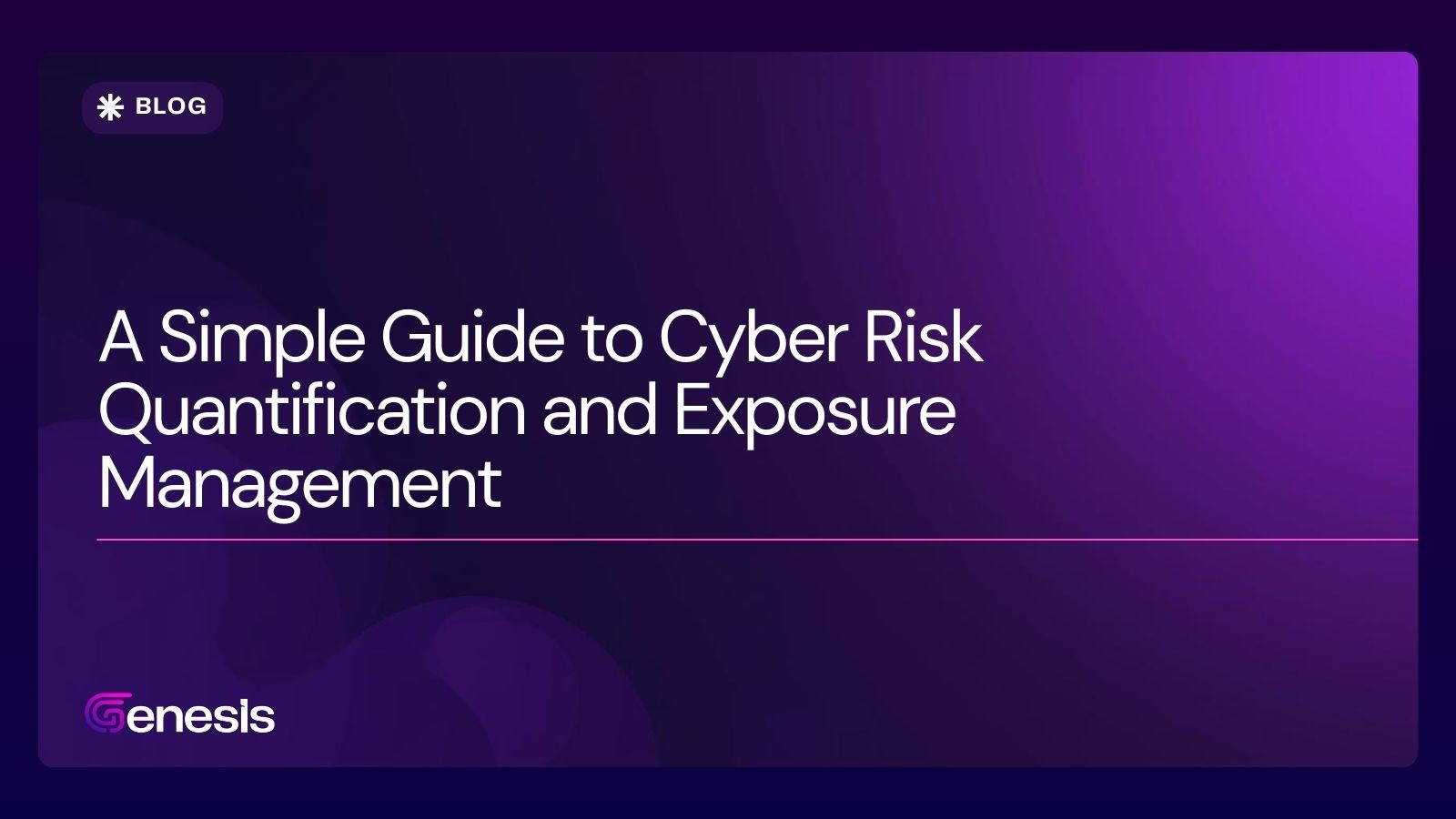Sep 2, 2024

Tanay Rai
The Digital Operational Resilience Act (DORA) is a landmark regulation introduced by the European Union to fortify the digital resilience of financial entities across the EU. In response to the increasing frequency and complexity of cyber threats, DORA aims to standardize ICT risk management practices ensuring that financial institutions can maintain continuity and recover swiftly from disruptions.
What is DORA?
DORA was introduced as part of the Digital Finance Package in September 2020. It consolidates various regulatory requirements into a cohesive framework that sets uniform ICT risk management standards for financial entities within the European Economic Area (EEA). This includes banks, insurance companies, investment firms, and critical third-party ICT service providers. By establishing stringent rules for cybersecurity incident reporting and third-party oversight, DORA seeks to minimize systemic risks and enhance the resilience of Europe's financial sector against cyber threats.
Key Objectives of DORA
DORA's primary objective is to create a robust digital operational resilience framework that protects the financial sector from ICT-related risks. The regulation addresses several critical areas:
Standardization of ICT Risk Management: DORA mandates financial entities to implement comprehensive ICT risk management frameworks that include detailed policies, procedures, and controls to protect against disruptions.
Unified Incident Reporting: DORA introduces a harmonized approach to reporting ICT-related incidents, ensuring that financial entities follow a standardized protocol for incident detection, classification, and reporting.
Enhanced Oversight of Third-Party Providers: DORA places significant emphasis on managing third-party risks, requiring financial entities to implement stringent oversight measures for critical ICT service providers to ensure compliance with DORA's requirements.
Technical Pillars of DORA
DORA's framework is underpinned by five technical pillars that collectively enhance the operational resilience of financial entities:
ICT Risk Management Frameworks: Financial entities are required to develop, implement, and maintain robust ICT risk management frameworks that address all aspects of ICT risk including identification, assessment, treatment, and mitigation of risks, continuous monitoring, and review.
Digital Operational Resilience Testing: DORA requires financial entities to implement a rigorous testing regime, including Threat-Led Penetration Testing (TLPT) and scenario-based testing to validate their operational resilience capabilities.
ICT Incident Reporting and Response: DORA introduces a structured approach to incident reporting and response, requiring entities to deploy advanced monitoring and detection tools, standardized reporting, and thorough root cause analysis.
Information and Intelligence Sharing: DORA encourages sharing cyber threat intelligence and best practices among financial entities through trusted platforms to bolster sector-wide resilience.
ICT Third-Party Risk Management: DORA sets stringent requirements for managing third-party risks, including risk assessments, due diligence, concentration risk management, and direct oversight and enforcement by ESAs.
Implementation Timeline and Compliance Strategies
The European Parliament officially adopted DORA in 2022, with an expected compliance deadline in early 2024. To facilitate compliance, the European Supervisory Authorities (ESAs) are developing detailed regulatory technical standards (RTS) that will outline specific requirements for ICT risk management, resilience testing, and third-party oversight.
Key Compliance Steps for Financial Entities:
Conduct a Gap Analysis: Assess existing ICT risk management frameworks against DORA's requirements to identify areas of non-compliance and develop action plans to address these gaps.
Enhance Incident Response Capabilities: Upgrade incident response processes and tools, including SIEM systems, threat intelligence platforms, and automated response mechanisms to meet DORA's reporting and response standards.
Strengthen Third-Party Risk Management Practices: Implement robust oversight and monitoring mechanisms for ICT third-party providers, including regular risk assessments and contractual safeguards.
Develop and Execute a Comprehensive Testing Program: Establish a detailed operational resilience testing program incorporating both TLPT and scenario-based testing to validate the effectiveness of your ICT defenses.
Implement Continuous Monitoring and Improvement: Adopt a proactive approach to ICT risk management by continuously monitoring emerging threats, updating resilience frameworks, and refining incident response plans.







